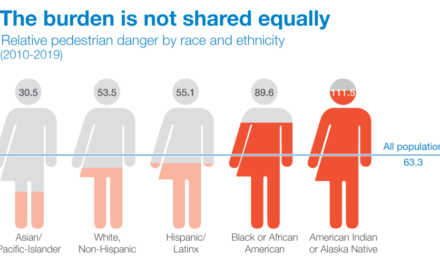We’ve talked about ballot initiatives that deserve no votes, but there is the opportunity to vote yes on one amendment – the City of Memphis Proposed Ordinance No. 5512 – which would improve the Memphis Civil Service Merit system.
For longer than we can remember, the civil service system has been plagued with some of the worst aspects of the bureaucracy it serves, drawing out hearings for extended periods of time, limiting the powers of the commission so members can only vote yes or no on disciplinary action, and decision-making by well-intentioned commission members who need more experience in weighing evidence and making impartial, unemotional decisions.
There’s the opportunity for Memphians to change things by approving a Charter change on today’s ballot.
Aiming Higher
That said, the charter amendment would also create a foundation for considering job performance in setting pay and determining promotions rather than the “everybody this year gets 2% pay raises across the board” and the “seniority matters more than performance” context that is such a demotivator for city workers dedicated to high standards for their jobs but are denied recognition – and reward – by the current structure.
We’re not saying that union members are not part of these highly motivated workers. In fact, some of the most persistent complaints come from young workers in and out of the union who feel that the system is a barrier to their job performance being the primary determinant of their value as proven by the increases in their paychecks.
In addition, the concept that every employee in every department should get the same pay raise, regardless of their performance, their attitude, or their contributions, is one that frequently drives good people away from government service. More to the point, it often drives all performance in a department to a lower common denominator because the message is that there’s no benefit to going the extra mile in the first place.
Fairness
There are realities like this in all kinds of jobs all over Memphis, but in most places, it is not institutionalized as it is in City of Memphis to prevent a fairer system of determining who gets pay raises and who sets the standards for them. However, it’s why if this change in the civil service system is made, city officials must immediately develop with employee and union input a performance evaluation system that guarantees that these critical evaluations are fair, honest, and unbiased.
The best news about this proposed amendment is that it was the product of discussions that involved city government and its unions.
Impact of the Amendment
Commercial Appeal editorial writer Jerome Wright explained it well:
“Basically, the charter amendment would increase the number of board members from seven to 14 and require that at least seven of the commissioners be licensed attorneys, current or former judges or have experience as an administrative law judge.
“It would change hearing rules. Under today’s rules, at least five people must attend: at least three board members to hear the case as well as an attorney for the city and one for the employee. City officials said getting that many people together at one at time is difficult, frequently delaying hearings. Under the proposed new rules, a board member with legal experience could hear a case alone. That hearing officer would issue a decision to uphold or reject the employee’s punishment.
“The employee could appeal that ruling to the 13 remaining members of the Civil Service Commission who didn’t originally hear the case. The employee also could appeal to Chancery Court.
“The proposal also, in certain situations, could limit the amount of back pay an employee could receive if he or she were cleared of criminal charges related to the city taking disciplinary action against them. And, it would give the commission more flexibility in determining the level of punishment a disciplined employee should receive.
“Currently, commissioners can only uphold or not uphold a disciplinary action against an employee.”
All in all, it is a step forward in modernizing a system that has in the past been a deterrent to sound personnel decisions in the context of modern HR policies and an obstacle to more businesslike HR practices. It would indeed be a breath of fresh air.






